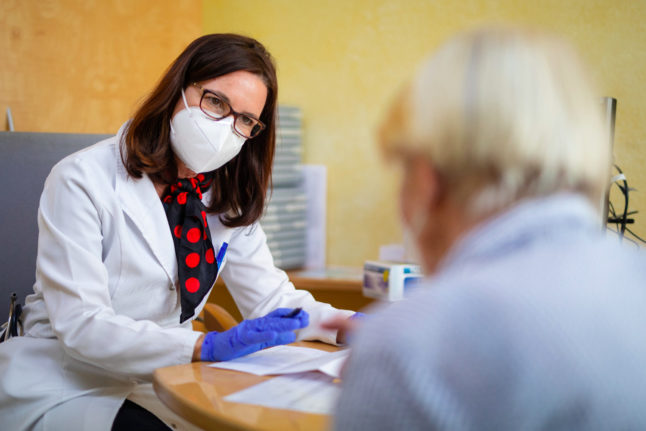Only 700 university places are offered each year for medicine studies in Switzerland, despite applications soaring to four times this amount, newspaper Tages Anzeiger reported.
The government has made repeated calls for the cantons to increase the number of available places, but regional officials have baulked at the associated costs.
As a result, Switzerland has to hire in doctors from abroad in order to fill the 30,000 positions needed in the country. This means that one in four doctors has been trained abroad, with that number rising to one in three hospital doctors.
The majority of these doctors come from Germany, a fact that is causing concern for German health professionals seeing a large pool of talent leaving the country after receiving receiving expensive training at home.
“The emigration may be dangerous for health care in Germany,” Armin Ehl, CEO of the German doctors’ union Marburger Bund, told the newspaper.
Ehl, who bemoans the loss of a “valuable asset”, believes Germany should do more to keep physicians in the country.
It costs an average of €278,000 (334,000 francs, $325,584) to train a doctor in Germany. With 3,300 doctors moving to Switzerland from Germany in the last five years, this figure comes to a total of €917 million ($1.163 billion).
In other words, Switzerland has benefited to the tune of more than one billion francs from Germany’s medical training.


 Please whitelist us to continue reading.
Please whitelist us to continue reading.
Member comments